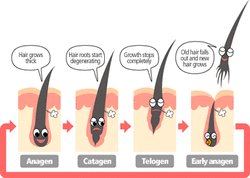
Hair loss can be caused by many things including heat damage from blow-dryers, curling irons, and flatirons, coloring, diet and thyroid problems.
 Casting off hair. Normal shed rate is 50-100 hairs per day. Hair loss can be caused by many things including heat damage from blow-dryers, curling irons, and flatirons, coloring, diet and thyroid problems.
Comments
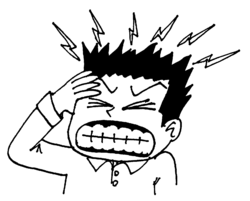 pain or discomfort in the head or face area. Tension headaches (usually dull, from back to front, pressure on both sides) could last a few minutes, usually 30 minutes, and worsen with noise and in hot, stuffy environments. They are related to muscle contraction, and zre mostly experienced as pain in the back of the head and neck. Cluster headaches are usually around one eye or temple, last from 30 mins to 2 hrs. Migraine headaches--usually throbbing on one side, alternating sides, worse with light or noise--may last for a few hours (usually at least 4) and persist for weeks. Migraine with aura is accompanied by flashes of light, numbness or tingling in body and speech problems. Migraine-type or tension headaches can be triggered by strenuous activities or motion sickness and occur more frequently in changing weather conditions (rising hot or humidity) or high altitudes (oxygen deficiency or high level of CO2 in blood), and among those who have a personal or family history of migraines. Other triggers include specific food ingredients, medications, under-eating, dehydration, overextending yourself, fatigue, poor posture, strong smells, noises and lights, emotional stress, hormonal changes and infections. 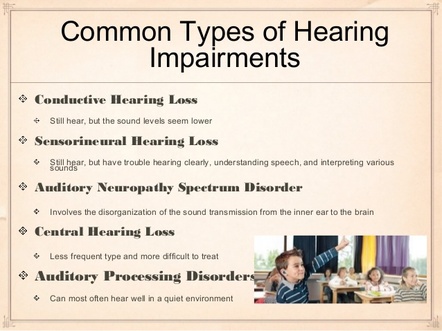 Diminished sensitivity to the sounds. Temporary hearing impairment can be caused by an ear infection, trauma, a tumor, or fluid or an object in the ear (such as wax buildup), noise, infection, sinus problems, allergies or otosclerosis - a hereditary disorder causing progressive deafness due to overgrowth of bone in the inner ear. Sensorineural hearing loss can be treated with amplification (hearing instruments) and, occasionally, surgery. "Hidden hearing loss" (cochlear synaptopathy) is the loss of the synaptic connections in the cochlea, rather than hair cell death. It is the earliest sign of damage in both noise- and age-related hearing impairment. This condition does not affect hearing sensitivity in quiet environments, but reduces abilities to understand speech in noisy environments. 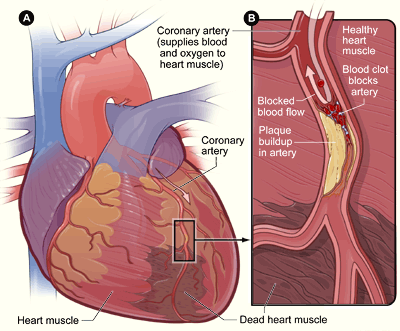 A heart attack happens when the flow of oxygen-rich blood to a section of heart muscle suddenly becomes blocked and the heart can’t get oxygen. If blood flow isn’t restored quickly, the section of heart muscle begins to die. Medical terms:
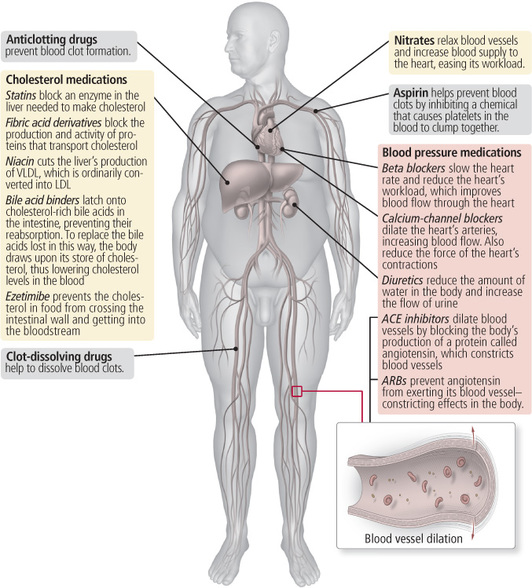 Drugs prescribed for patients with heart disease. See also Aspirin. Blood pressure drugs (ACE inhibitors, ARBs, Beta blockers, diuretics including thiazide-type drugs) cholesterol medications, anticlotting drugs). Aldosterone antagonist drugs, potassium-sparing diuretics, may help people with severe systolic heart failure live longer. Inotropes improve heart pumping function and maintain blood pressure. Drugs referred to as digitalis (such as Digoxin) increase the strength of the heart muscle contractions and slow the heartbeat. Digoxin may be more likely to be given to someone with a heart rhythm problem, such as atrial fibrillation. 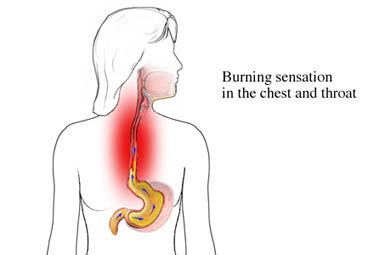 a form of indigestion felt as a burning sensation in the chest, caused by acid regurgitation into the esophagus (tube that carries food from mouth to stomach). The pain is often worse when lying down or bending over. Most people experience it in their lifetime, but when this is frequent (twice a week or more often), causes difficulty swallowing, weight loss or otherwise interferes with daily routine, heartburn may be a symptom of a serious condition that requires medical care. To avoid heartburn, don't overeat, eat slowly and at least two to three hours before lying down, avoid trigger foods (usually spice, fat, acid, caffeine), avoid dehydration.  One of the most common saturated fatty acids in the Western diet, also known as Palmitic acid, Pentadecanecarboxylic acid and Cetylic acid; CAS 57-10-3, Hexadecanoic acid, n-Hexadecoic acid; Palmitic acid; Pentadecanecarboxylic acid; 1-Pentadecanecarboxylic acid, Cetylic acid, Emersol 140, Emersol 143, Hexadecylic acid; Hydrofol, Hystrene 8016, Hystrene 9016, Industrene 4516, Glycon P-45, Prifac 2960, NSC 5030, Kortacid 1695, Palmitic acid, hexadecanoic acid. # 613 in USDA database Palm oil and coconut oil contain especially high levels of this fatty acid, other sources are butter, cheese, milk and meat. Excess carbohydrates in the body are also converted to this fatty acid that down-regulates glucose and protein metabolism. Consumption of palmitic acid is similar to eating trans-fats as it increases risk of developing cardiovascular diseases. It can also compromise bone health. 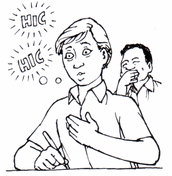 involuntary esophageal contraction of the diaphragm (muscle separating chest from abdomen) and respiratory organs that repeats several times per minute. The spasm happens with a sudden closure of the glottis (the opening between the vocal folds) and a characteristic sound like that of a cough. Possible causes include: eating and drinking too fast, irritation to the nerves that control normal contractions of the diaphragm - such as due to eating hot or spicy foods or drinking carbonated liquids (fizzy drinks), eating a large meal, drinking excessive amounts of alcohol, smoking, sudden excitement or emotional stress, swallowing air. Home remedies include eating chocolate or peanut butter. 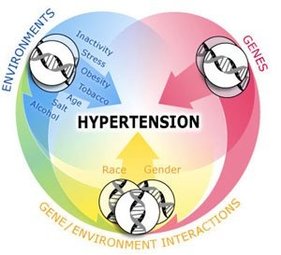 Condition in which blood pressure remains abnormally high, also called HBP or hypertension. Blood pressure is expressed as systolic/diastolic blood pressure. Systolic blood pressure is the first of two numbers used to measure blood pressure (pressure of the circulating blood against the walls of the blood vessels). This is the maximum pressure in the arteries when the heart contracts and pushes blood out into the body. Diastolic blood pressure is the lowest pressure within the bloodstream, occurring between heart beats, because of a diastole (period of relaxation). Optimal blood pressure for adults is 90-119/60-89, for 60+ it may be up to 150/90. Many people tend to develop high blood pressure as they get older, but this is not a part of healthy aging. High blood pressure in children younger than 10 years old is usually caused by another medical condition but could also develop for the same reasons it does in adults - being overweight, eating a poor diet and not exercising. Overgrowth of bacteria Prevotella and Klebsiella in the gut can be linked to developing hypertension. High Blood Pressure is largely a symptomless condition A variety of symptoms may be indirectly related to, but are not always caused by it, such as blood spots in the eyes and facial flashing. There's a common misconception that people with high blood pressure might also experience nervousness, sweating, and difficulty sleeping. 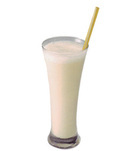 milky drink made from ground almonds, tiger nuts, sesame seeds, rice, barley, or tigernuts (small root vegetables known In Germany as Tigernuss or Erdmandel, in France as noix tigre or souchet chufas and in Spain as chufas) Horchata is a high calorie drink because of sugar, but - if without sugar - it could be recommended to those with celiac disease, digestive problems, and diabetics. It ontains a wide variety of minerals, such as phosphorus, magnesium and calcium, iron and potassium. |
Categories
All
|